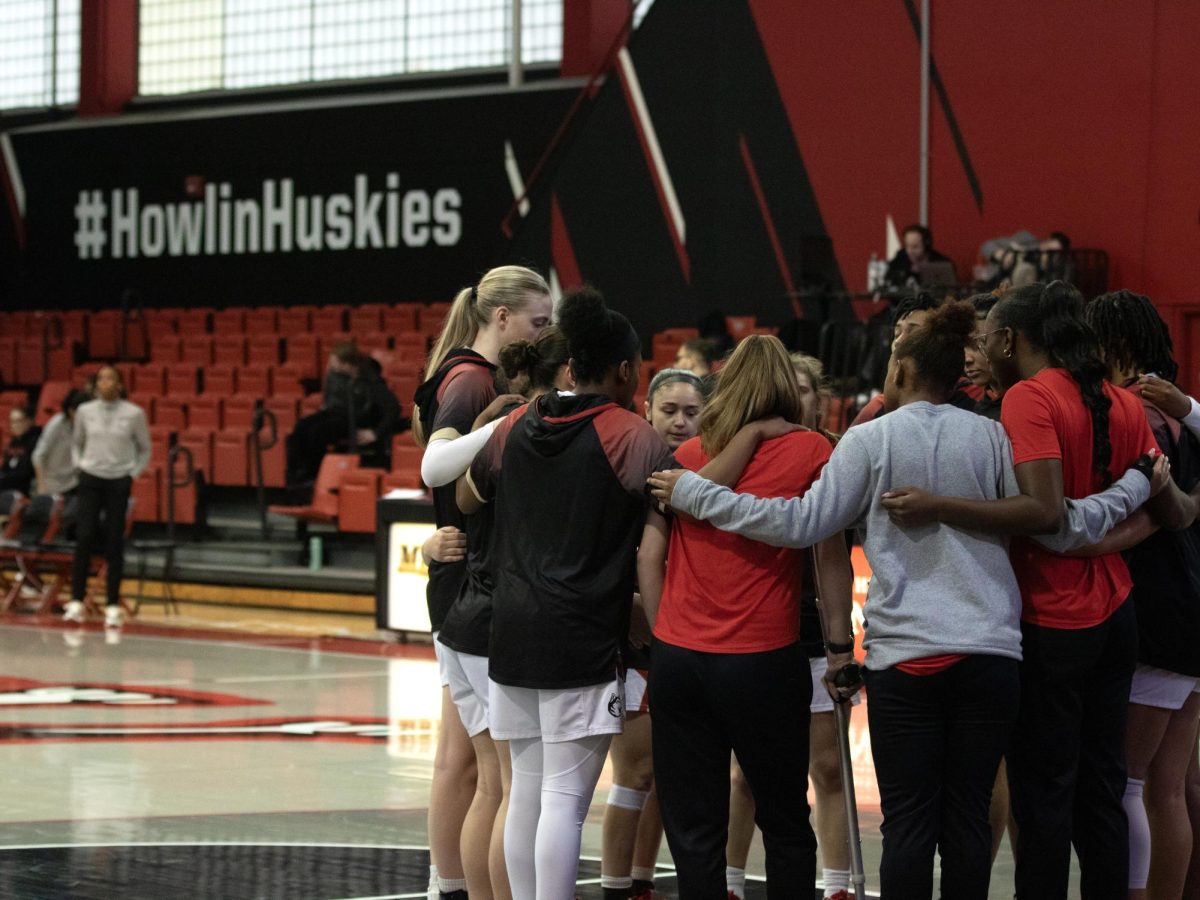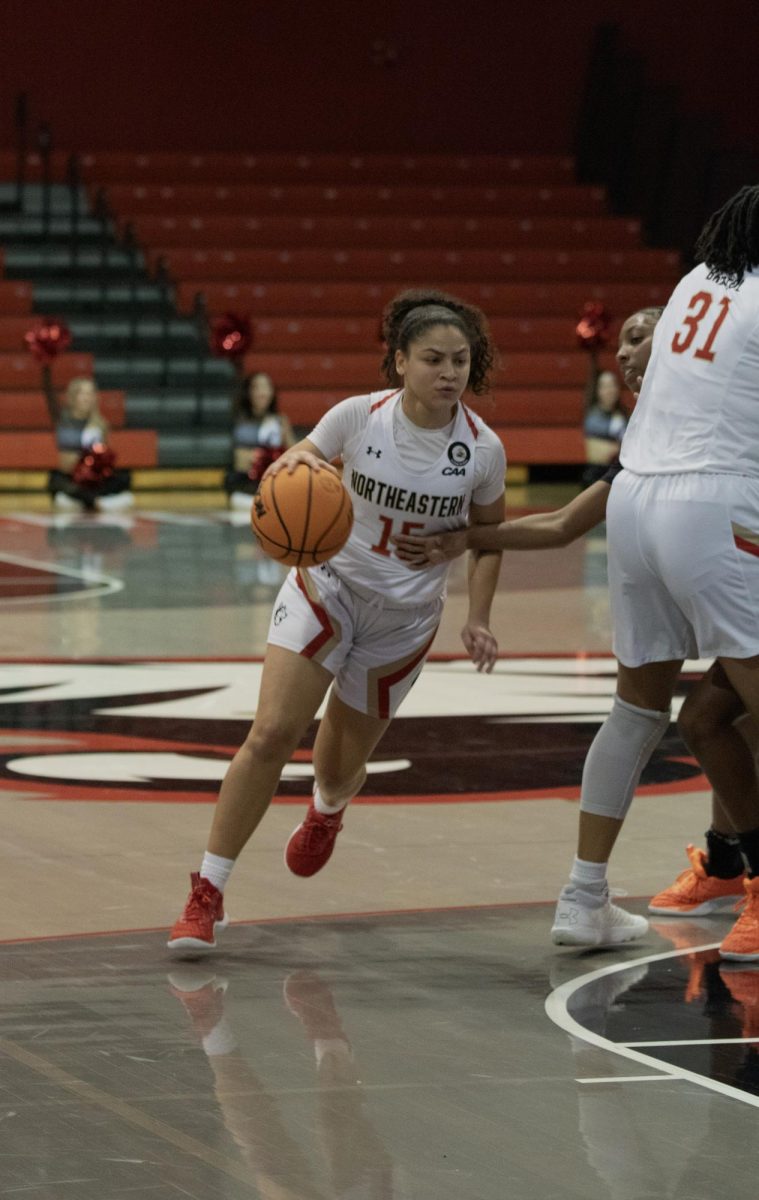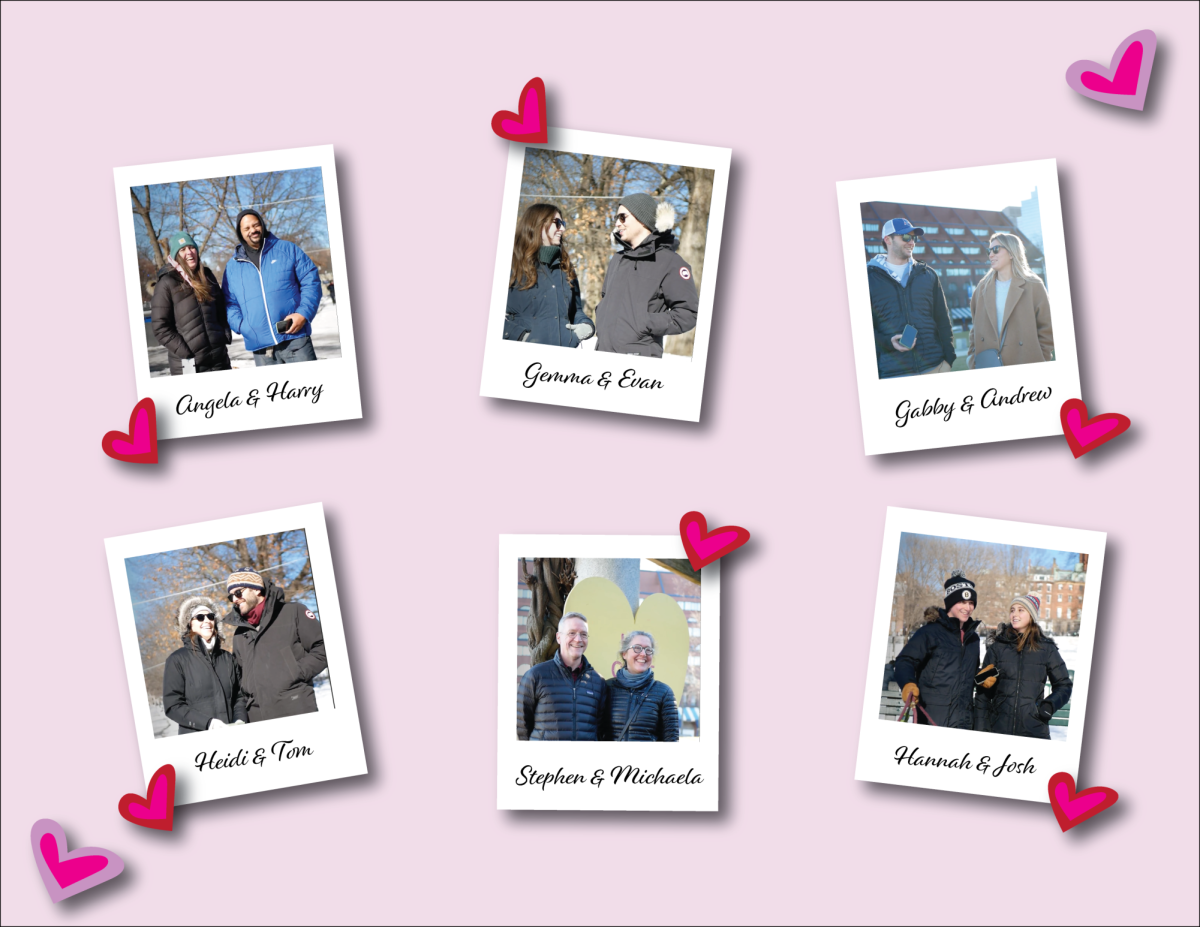By Kelly Kasulis, News Staff
Guys on campus are more likely to crush on their female friends than the other way around, according to a study about physical and sexual attraction in cross-sex friendships.
April Bleske-Rechek, an associate professor of psychology at the University of Wisconsin, has been studying friendships for years – something that she said was inspired by her own cross-sex friendships before and during graduate school.
“People are investing in others who are not genetically related to them or romantic partners,” she said. “[And] that’s the question that everybody asks – can men and women just be friends?”
Bleske-Rechek says that they can, and that one friend’s attraction does not predict how the other may feel. In fact, quite the opposite may be happening – one friend could be fooling the other about his or her feelings.
“Women are actually more likely than men to deceive their friends about a lack of attraction, and their primary motivation is to not ruin a friendship,” she said. “Men may deceive women about being more attracted, again to not ruin the friendship.”
The study also suggested that men are more likely to overestimate how much their female friends reciprocate the attraction, and that they are more likely to desire their female friends regardless of whether either of them are in a relationship.
“It’s not necessarily a conscious desire. Men, I guess, are just attracted to women who they would perceive as a potential romantic partner and then they end up befriending them,” Bleske-Rechek said. “They may say, ‘I don’t plan on having sex with my friend’ or ‘I don’t want to have sex with my friend,’ but my guess is that men would be far more likely to take advantage of the opportunities.”
Tim Andrea, a sophomore political science major, agreed that heterosexual men may just be more easily-allured to the opposite sex.
“I think men are more attracted to women, just casually,” he said. “I don’t know if women are casually attracted to men as much.”
The idea that men are more likely to be attracted to their female friends was no surprise to Valentina Diego, a second year communication studies major, who said that she has heard of one-sided crushes between friends both in college and back at home.
“I feel like guys think differently about having girls as friends,” she said. “Girls like having guy friends and guys always think more sexually.”
Psychologists like Bleske-Rechek are exploring these claims, and whether or not they ring true in both platonic friendships and romantic relationships.
“We’re looking to see whether, in partnerships, if the male is more attracted to the female – and particularly in friendships,” she said. “Does he perceive the female to be more attractive than himself? And, across the board, do people look at females as more attractive than males?”
But one thing that Bleske-Rechek did conclude is that these one-sided crushes in platonic male-female friendships may be causing a strain on one or both parties.
“We have a big area of domain of potential conflict between two people, and it could possibly create confusion or ruin the friendship,” she said.
If one friend is in a relationship, their romantic partner may grow upset if he or she suspects sexual or romantic interest on behalf of the their partner’s friend, because they see it as potential love triangle, Bleske-Rechek explained. Another possible scenario is that one friend could suspect the unmatched feelings and this could cause them to feel uncomfortable and drift apart.
For Andrea and Diego, the solution is simple – just don’t talk about it.
“You don’t know what the other person is thinking and you don’t want to tell them and make it weird,” he said. “It’s such a recognized, hands-off area that it hasn’t been a problem in my life.”
Diego recalled one friend who she thought may have been romantically interested in her – an interest that she did not reciprocate.
“I thought, ‘Oh, maybe he has a crush on me or something,’ but I never ended up finding out if he did or not,” she said. “Now, we’re still friends and I think that he definitely doesn’t.”
This stand-by solution is common, Bleske-Rechek said, as friends continue to choose not to address what could be the elephant in the room.
“One of the advantages of cross-sex friendships is that they can talk about anything, and yet the one thing they don’t talk about is how they feel about each other,” she said.
For others, keeping quiet on the matter has only perpetuated problems, like for Kaitlyn Labich, a sophomore undeclared major who said that she doesn’t know how to respond to her guy friends “acting differently and dropping hints that they want something more than a platonic friendship.”
“I don’t know what to do,” she said. “I’ve had crushes on guys plenty of times but have never acted on them.”
Photo courtesy jerik0ne/Creative Commons.













